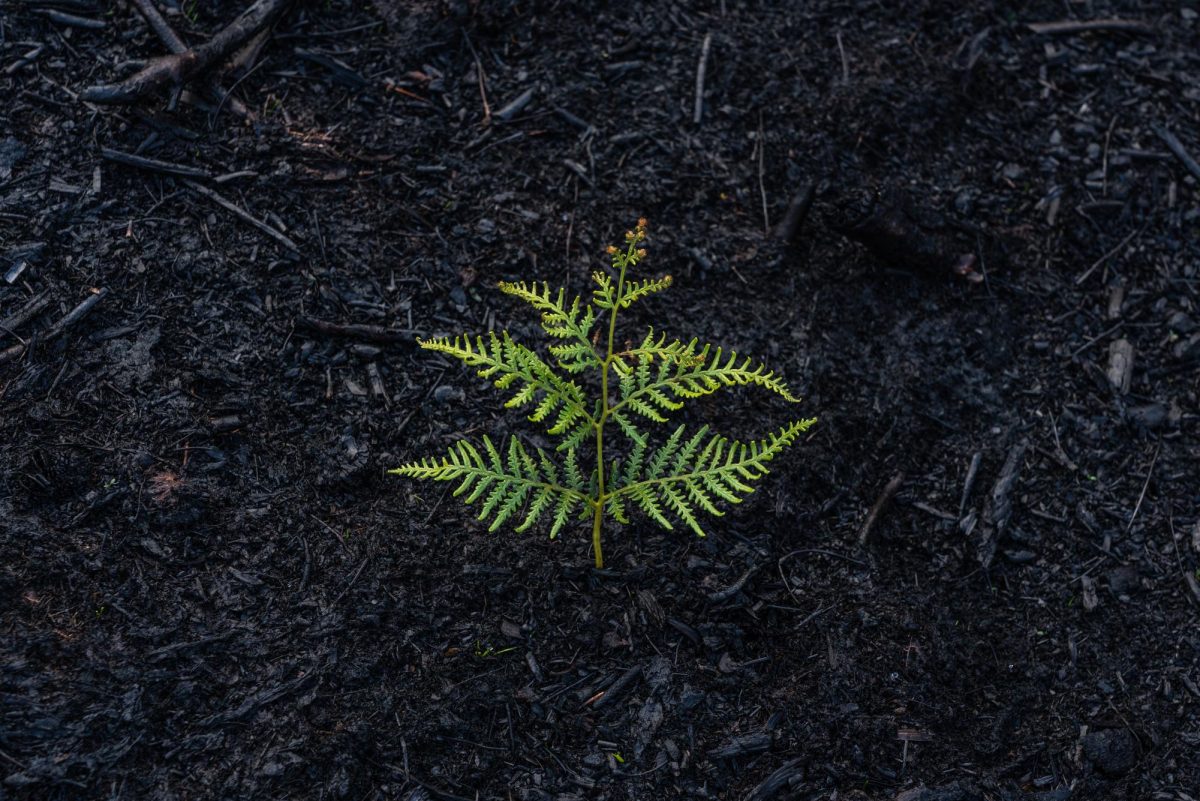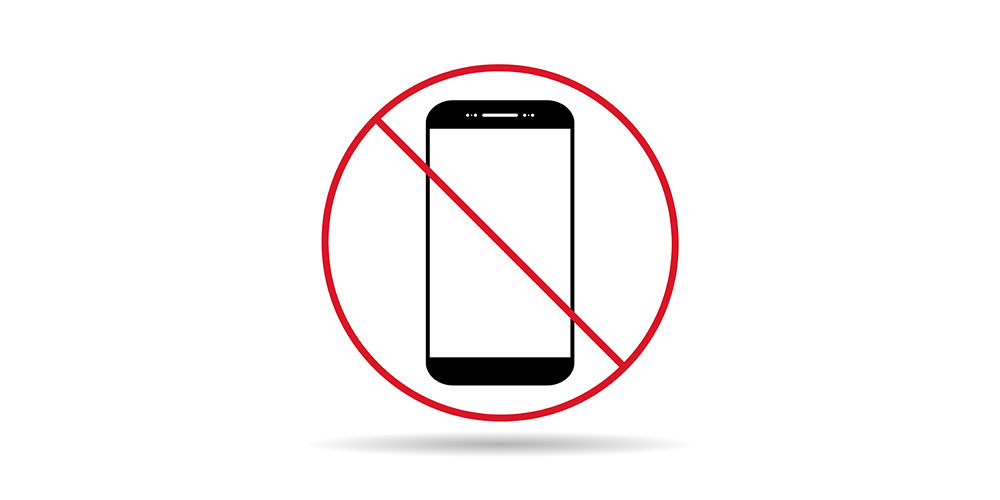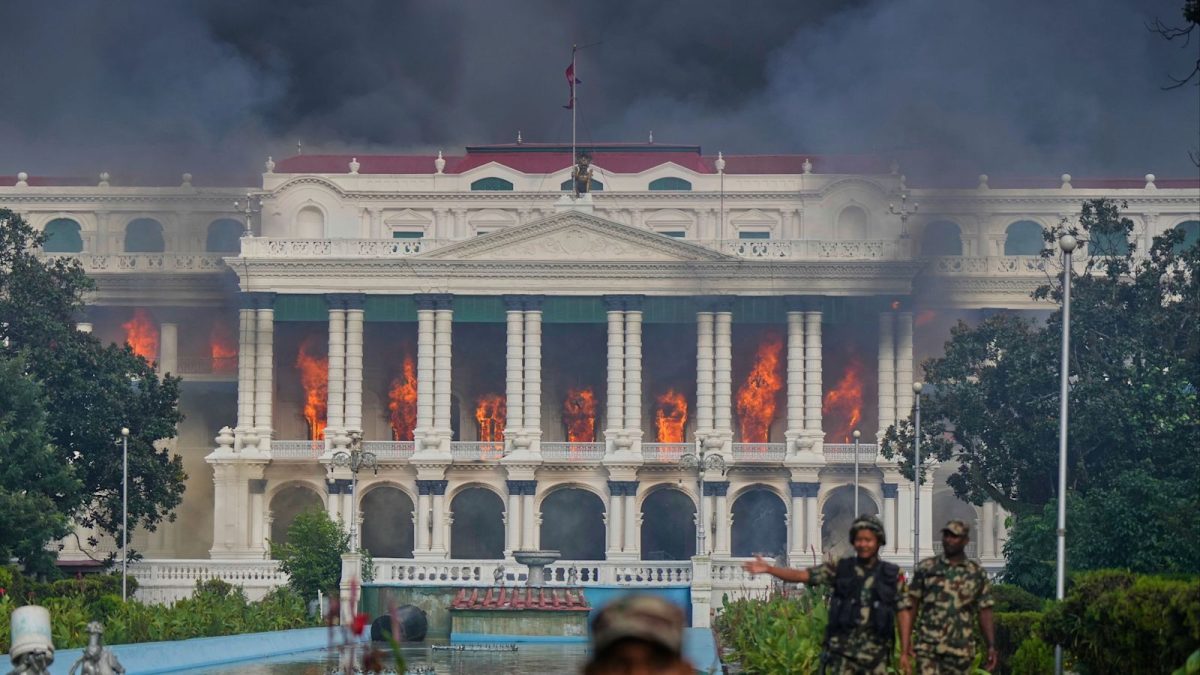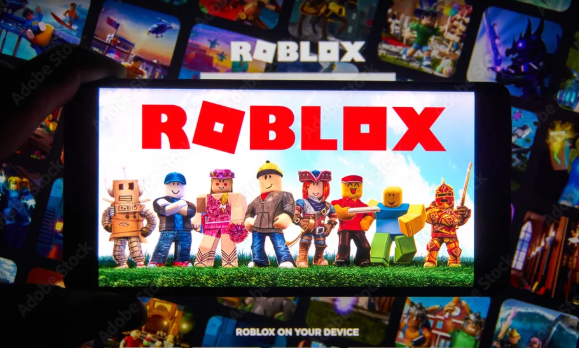The Moroccan earthquake, you must’ve heard whispers about it the past few weeks. How much did you learn, how much did you understand? Hearing about the Morrocon earthquake was easy to wrap around. Another quake in another place happens all the time. However, most fail to see the intensity of which it shook the very lives of over 2,900 people. That’s equivalent to more than half of the population of Santiago. Two thousand nine hundred lives were lost, which isn’t even all that happened in this tragic event.
Even though it seems normal and ordinary almost, the quake killed nearly 3,000 people. Additionally, the recovery after the earthquake is much more complex than one would perceive. Morocco isn’t the only subject to earthquakes. It’s affected by many other things that make the earthquake’s aftermath much more challenging to deal with. Not only have people lost their loved ones, but they’ve, in addition to this, lost their homes, their clothes, and their food. So much was taken from them in such a short amount of time, and with all that Morocco faces, their recovery is yet to be extended.
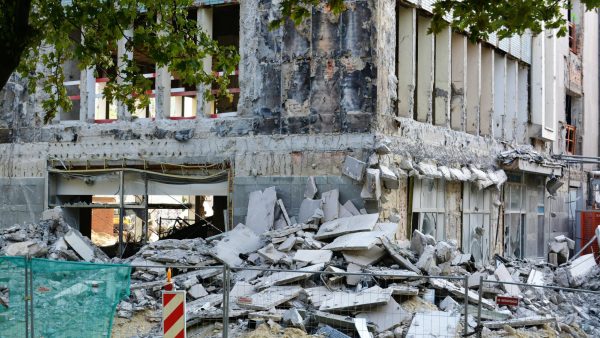
Factors such as “winter looms, and harsh weather promises to complicate recovery — and intensify hardship for thousands of Moroccans living in tents perched high in the mountains,” explains Bryant, L in his article Tourism is another casualty of Morocco’s earthquake. These aren’t the only things slowing down this process, though.
However, the Moroccan people have faced this tragedy with strength and courage; they’ve joined together to provide safety for refugees of the quake. Even as rehabilitation and recovery is being done, the government and people are doing their best to provide the support they can. People are flying and sending funding to projects focused on recovering the loss. As some are aiding, some are not. The earthquake has attracted tourists who are delaying the recovery process. Tour guides such as Abdessamad Elgzouli make money by introducing tourists to the area.
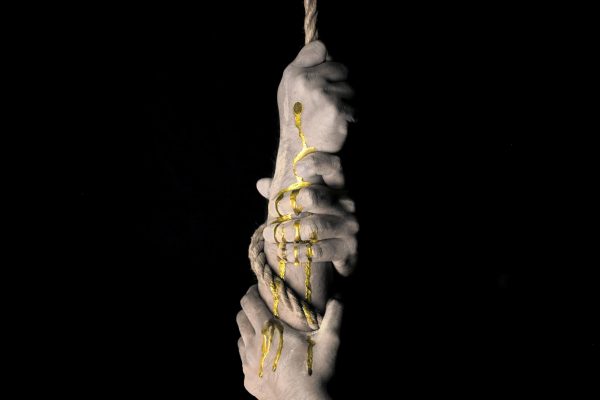
As many would question, why? As explained by Bryant L in his article Tourism is another casualty of Morocco’s earthquake ‘”For me, the past is gone,” Elgzouli said as he surveyed his home, deeply fissured but still standing. “I live for today.”’ Some consider this quake a new opportunity, while others consider it loss and grief. Either way, the lives counting on the progression of the recovery need as much help, not setbacks, as possible. Thankfully, though, they are being helped by people around them, people around the world. In unity, strength was showcased heavily in this event, as without the help of their fellow neighbors, many lives would’ve been tarnished.

